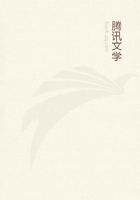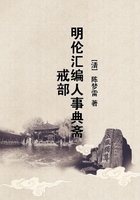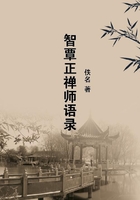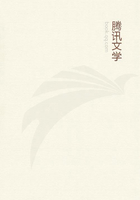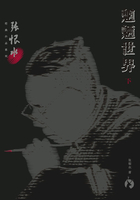The railway system, if such it can be called, was one of the weaknesses of the Confederacy. Before the war the South had not felt the need of elaborate interior communication, for its commerce in the main went seaward, and thence to New England or to Europe. Hitherto the railway lines had seen no reason for merging their local character in extensive combinations. Owners of short lines were inclined by tradition to resist even the imperative necessities of war and their stubborn conservatism was frequently encouraged by the shortsighted parochialism of the towns. The same pitiful narrowness that led the peasant farmer to threaten rebellion against the tax in kind led his counterpart in the towns to oppose the War Department in its efforts to establish through railroad lines because they threatened to impair local business interests. A striking instance of this disinclination towards cooperation is the action of Petersburg.
Two railroads terminated at this point but did not connect, and it was an ardent desire of the military authorities to link the two and convert them into one. The town, however, unable to see beyond its boundaries and resolute in its determination to save its transfer business, successfully obstructed the needs of the army.*
* See an article on "The Confederate Government and the Railroads" in the "American Historical Review," July, 1917, by Charles W. Ramsdell.
As a result of this lack of efficient organization an immense congestion resulted all along the railroads. Whether this, rather than a failure in supply, explains the approach of famine in the latter part of the war, it is today very difficult to determine.
In numerous state papers of the time, the assertion was reiterated that the yield of food was abundant and that the scarcity of food at many places, including the cities and the battle fronts, was due to defects in transportation. Certain it is that the progress of supplies from one point to another was intolerably slow.
All this want of coordination facilitated speculation. We shall see hereafter how merciless this speculation became and we shall even hear of profits on food rising to more than four hundred per cent. However, the oft-quoted prices of the later years--when, for instance, a pair of shoes cost a hundred dollars--signify little, for they rested on an inflated currency. None the less they inspired the witticism that one should take money to market in a basket and bring provisions home in one's pocketbook.
Endless stories could be told of speculators hoarding food and watching unmoved the sufferings of a famished people. Said Bishop Pierce, in a sermon before the General Assembly of Georgia, on Fast Day, in March, 1863: "Restlessness and discontent prevail....
Extortion, pitiless extortion is making havoc in the land.
We are devouring each other. Avarice with full barns puts the bounties of Providence under bolts and bars, waiting with eager longings for higher prices.... The greed of gain...stalks among us unabashed by the heroic sacrifice of our women or the gallant deeds of our soldiers. Speculation in salt and bread and meat runs riot in defiance of the thunders of the pulpit, and executive interference and the horrors of threatened famine." In 1864, the Government found that quantities of grain paid in under the tax as new-grown were mildewed. It was grain of the previous year which speculators had held too long and now palmed off on the Government to supply the army.
Amid these desperate conditions the fate of soldiers' families became everywhere, a tragedy. Unless the soldier was a land-owner his family was all but helpless. With a depreciated currency and exaggerated prices, his pay, whatever his rank, was too little to count in providing for his dependents. Local charity, dealt out by state and county boards, by relief associations, and by the generosity of neighbors, formed the barrier between his family and starvation. The landless soldier, with a family at home in desperate straits, is too often overlooked when unimaginative people heap up the statistics of "desertion" in the latter half of the war.
It was in this period, too, that amid the terrible shrinkage of the defensive lines "refugeeing" became a feature of Southern life. From the districts over which the waves of war rolled back and forth helpless families--women, children, slaves--found precarious safety together with great hardship by withdrawing to remote places which invasion was little likely to reach. An Odyssey of hard travel, often by night and half secret, is part of the war tradition of thousands of Southern families. And here, as always, the heroic women, smiling, indomitable, are the center of the picture. Their flight to preserve the children was no small test of courage. Almost invariably they had to traverse desolate country, with few attendants, through forests, and across rivers, where the arm of the law was now powerless to protect them. Outlaws, defiant of the authorities both civil and military,--ruthless men of whom we shall hear again,--roved those great unoccupied spaces so characteristic of the Southern countryside. Many a family legend preserves still the sense of breathless caution, of pilgrimage in the night-time intently silent for fear of these masterless men. When the remote rendezvous had been reached, there a colony of refugees drew together in a steadfast despair, unprotected by their own fighting men. What strange sad pages in the history of American valor were filled by these women outwardly calm, their children romping after butterflies in a glory of sunshine, while horrid tales drifted in of deeds done by the masterless men in the forest just beyond the horizon, and far off on the soul's horizon fathers, husbands, brothers, held grimly the lines of last defense!


